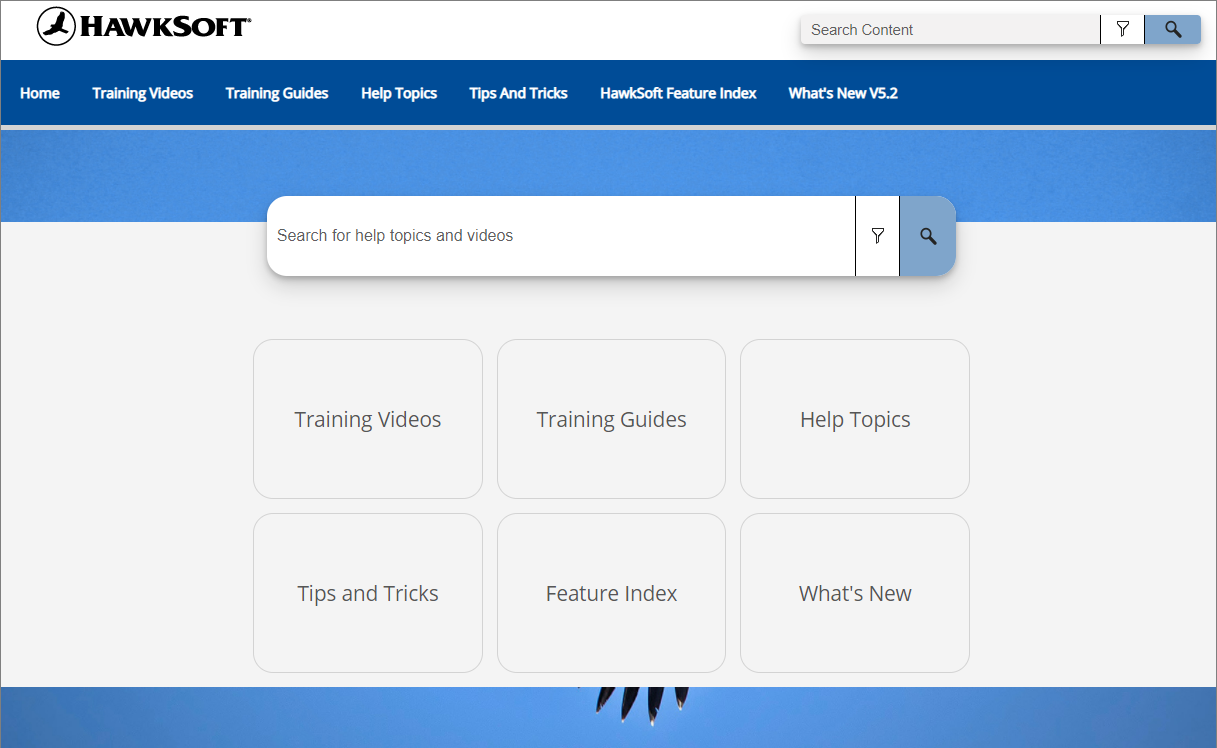Guest blog by Levitate
Guest blogs are written by contributors outside of HawkSoft. The author's views are entirely their own and may not reflect the views of HawkSoft.
Have you ever spent hours crafting an email only to get a few opens? Considering the average email open rate hovers at 20%, we’d wager your answer is probably a resounding “yes.”
At Levitate, we’re dedicated to solving this problem by leveraging personal email as the foundation of a holistic, multi-channel keep-in-touch marketing strategy. And it works–our average email open rate is over 50%, and our average reply rate is more than 10%.
The secret to this success lies in our focus on building relationships and making emails feel personal and authentic, instead of reading like a mass communication from a corporate entity. That starts with our subject lines.
If your agency is looking to get more clients to read and respond to your emails, read on for the dos and don'ts of Levitate’s high-performing subject lines.
- Don't overuse punctuation
- Lay off the caps lock
- Don't overwhelm them with numbers
- Don't mention a company name
- Don't stoop to clickbait
- Don't use emojis
- Use sentence case
- Explain why they should care
- Keep it short
The Don’ts
1. Don’t! Overuse! Punctuation!
Look in an email Spam folder, and you’ll likely notice a few similarities between the subject lines–including way! too! many! exclamation! points!
In today’s world–where a misplaced click can cause cyber chaos–people are wary of anything that looks remotely spammy. As a result, an email with a subject line promising Free money with policy discount!!! is likely to find itself unread and sitting in a Spam or Junk folder.
That doesn’t mean you should never use punctuation–just remember that a little goes a long way. In general, stick to one exclamation point or question mark, and use punctuation in situations where it makes sense contextually and doesn’t feel salesy.
For example, Happy birthday! performs better than Happy birthday. An exclamation point is commonly used in birthday greetings and doesn’t feel like spam or clickbait with the copy.
But Info on policy discount!!! likely wouldn’t perform as well as Info on policy discount due to the number of exclamation points in the first example and the subject line’s context, which feels more sales-oriented.
2. SCREAMING AT PEOPLE SCARES THEM
So … don’t scream at them! Caps lock is not your friend with subject lines (or really any part of your email). Caps lock subject lines can feel aggressive, salesy, and–you guessed it–spammy. In fact, all-caps subject lines can actually trigger algorithms to send the email straight to the Spam or Trash folders.
Of course, there are always exceptions to any rule. But your best bet, especially as you’re building a relationship with your email network, is to err on the side of caution.
3. 8,000 reasons to not use 756 words in each subject line over the next 365 days
Whew, that was a lot to digest, right? And that’s one of the main problems with number-heavy subject lines–they can quickly feel overwhelming to a reader, and that doesn’t lend itself to higher opens or replies.
Perhaps more importantly, think back to the last time you got a personal email with a bunch of numbers in it–hard to think of a time, right? Just like a one-to-one feel is key to getting email replies, a personal-feeling subject line is an important factor in getting more email opens.
4. What’s in a (company) name? Lower open rates.
On that note, nothing feels more impersonal than Check-in from ABC Insurance Agency as a subject line. Your email communication should feel like you’re reaching out personally–that’s going to drive opens and replies. When you include your company name, you’re taking what could feel like a personal email and making it a “company-to-person” touchpoint.
It’s no surprise then that many recipients don’t give emails with these subject lines a second look!
5. You will NOT believe the reason clickbait is bad
Your goal in email communications should be building a relationship and creating trust with your recipients long-term, not getting high open rates once.
There’s no quicker way to reduce trust and hurt a relationship than to have an email with a subject line of Free money? Yes please end up being an account-rounding piece. It also almost guarantees that the next time you reach out with an interesting subject line, recipients will think it’s just another clickbait email.
Think long-term and focus on subject lines that don’t overpromise. (If you’re going to use important in the subject line, make sure it’s actually important.)
6. Emojis = 
Have you ever used emojis in personal emails to friends, family, colleagues, or clients? Yeah, we haven’t either. But we have gotten emoji-laden subject lines from many, many companies, and you probably have, too.
As with all of the above don’ts, the primary issue is that emojis feel impersonal and mass-blast. To add further insult to injury, research has shown that a good percentage of people have a negative reaction to emojis in subject lines.
Avoid this multifaceted risk and say to subject lines with emojis.
The Dos
1. Lowercase, lowercase, lowercase. Did we mention lowercase?
Marketing emails tend to capitalize each letter, whereas personal emails are more likely to be sentence-case.
Next time you’re sending out an email to your clients, try something like Touching base re: policy renewal, instead of Touching Base Re: Policy Renewal.
2. Show them you care–and explain why they should care
If we’ve said it one time, we’ve said it 12 times … in this article. People are more likely to click on an email that feels personal, so use language that you would use in a normal 1:1 email. For example, Can we chat? will get a better response than Schedule a meeting with ABC Insurance Agency today!
In addition, in cases where you’re providing information in the email, it’s good practice to provide a bit of context in the subject line. That way, the recipient knows it’s relevant to them. So, if you’re reaching out about increasing auto insurance premiums, a good subject line might be FYI on rising auto premiums.
3. Keep it short
With that said, too much context can make the subject line too long. Levitate data shows that shorter subject lines have higher open rates, so it’s important to be fairly concise.
That doesn’t mean every subject line needs to be two words, but Checking in or Touching base for a simple check-in are always good options. With informative emails, it’s still a good idea to keep most subject lines around six words at most.
Bonus tip: the test of wills and woulds
Our CEO, Jes Lipson, offers the ultimate test for an email subject line: would you open this? If you would not, they probably will not either. Anytime you’re questioning a subject line, asking yourself this will give you a good answer.
We hope this overview of subject line best practices proved helpful. Next time you send an email to a client, try these tips and see if it improves your read and response rates - you might be surprised by the result. If you’re interested in the next step–content that drives replies and new business–give us a call. We’d love to chat.
Grow your business (and client happiness) with LevitateLevitate is a keep-in-touch marketing tool designed to help insurance agencies build authentic relationships with their clients. Levitate's platform allows agents to send personal emails at scale, keep in touch with clients via text, schedule meetings, send surveys, easily remember key facts about their contacts, and automate reminders to reach out and account round. |







